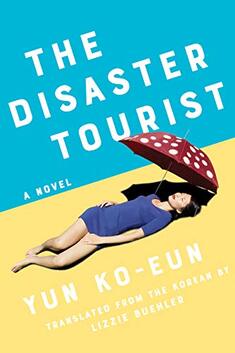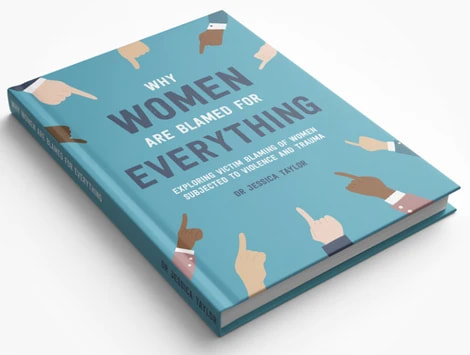The Revolt by Clara Dupont-Monod translated by Ruth Diver
While one can admire Eleanor’s patience and fortitude, what I take from this novel is that we can’t use present morality to judge the past. Poetry might be celebrated, but cruelty and violence are never far away. But what can we expect when a woman has to give birth to eight children, marry off her daughters at age eleven and send her sons to war in their teens?
The first of the many wars in this novel is the revolt of its title: Eleanor tasks her sons with overthrowing their father; their initial failure is why she spends year after year in prison. The final war takes place outside Jerusalem, the destination of Richard the Lionheart’s bloody crusade. Even in an age of rampant murder, his brutality leaves his comrades and enemies aghast.
I didn’t read this novel closely enough to be confident in pinpointing the psychology underlying it, but I’d speculate it goes something like this: trying to fill the hollow where his mother’s love should be, Richard will do whatever she asks. Taking her side isn’t so difficult when his mother’s ex-husband has been a stronger paternal presence than his father. But the years of fighting before he finally ascends the English throne take their toll on him. Like someone who goes to pieces on retirement, his success seems empty when all he knows is war. So off he goes to fight the infidel, in concert with the ghosts of his siblings, adversaries and friends.
Told mostly from Richard’s and Eleanor’s points of view, with a section from Henry Plantagenet and from Alys, I might have enjoyed this short novel more if it hadn’t tried to cover so much ground. Neither the violence nor the shortage of dialogue made it difficult to read, but I never felt completely engaged. Perhaps it’s these crazy times, or the subject; thanks to publishers Quercus for trusting me with an advance proof copy.
I did get excited at one point, however, when Eleanor heard singing from several voices blended together, as a new invention from Italy. A fine excuse to showcase a story from collection, Becoming Someone. “The Invention of Harmony” is set in a mediaeval convent. Here I am reading the opening:
The Disaster Tourist by Yun Ko-eun translated by
Lizzie Buehler
Don’t you love that point in a novel when, just as you’re beginning to get bored, the action ratchets up. When Yona finds herself, minus money and passport, in the wrong carriage that has split off from the train to the airport, I was set for a mammoth unravelling as in the AS Byatt story “Baglady”. That this went somewhere different, isn’t necessarily a bad thing.
Yona returns to the resort where she becomes embroiled in a project to rescue the island as a tourist destination in a morally corrupt manner. While this might be interesting for those unaware that tourism’s dollars rarely go into the pockets of the poor, it didn’t do much for me. Or perhaps the theme of diffusion of responsibility for health and safety failings was too close to home right now. Thanks to publishers Serpent’s Tail for my advance proof copy.
Although I’ve never been tempted to travel to disaster settings, I still recall, almost forty years on, an unnameable frisson on passing through Bhopal, months after the Union Carbide disaster, on the train. I’m also guilty of visiting one of the towns mentioned in the novel: Pai in northern Thailand from which I embarked on a wonderful walk visiting hill tribe villages.
There are a couple of stories about the ethics of tourism in my short story collection, Becoming Someone. Plus a story that takes place on holiday, although isn’t about tourism, “Tobacco and Testosterone”. Here I’m reading the opening; you can get the rest by buying the book or signing up to my author newsletter via the link below:
So, I'm still awaiting my copy of Why Women Are Blamed for Everything, although I'm not in a huge hurry to read it (and perhaps never will). It’s non-fiction. On a grim topic. That’s already on my radar (although don’t doubt I could learn more). And I’m already brimming with rage. However, when I read about the author receiving death threats for daring to research and write about it, I thought buying her book was the least I could do. Click or tap on the image if you’d like to know more.


























 RSS Feed
RSS Feed





















